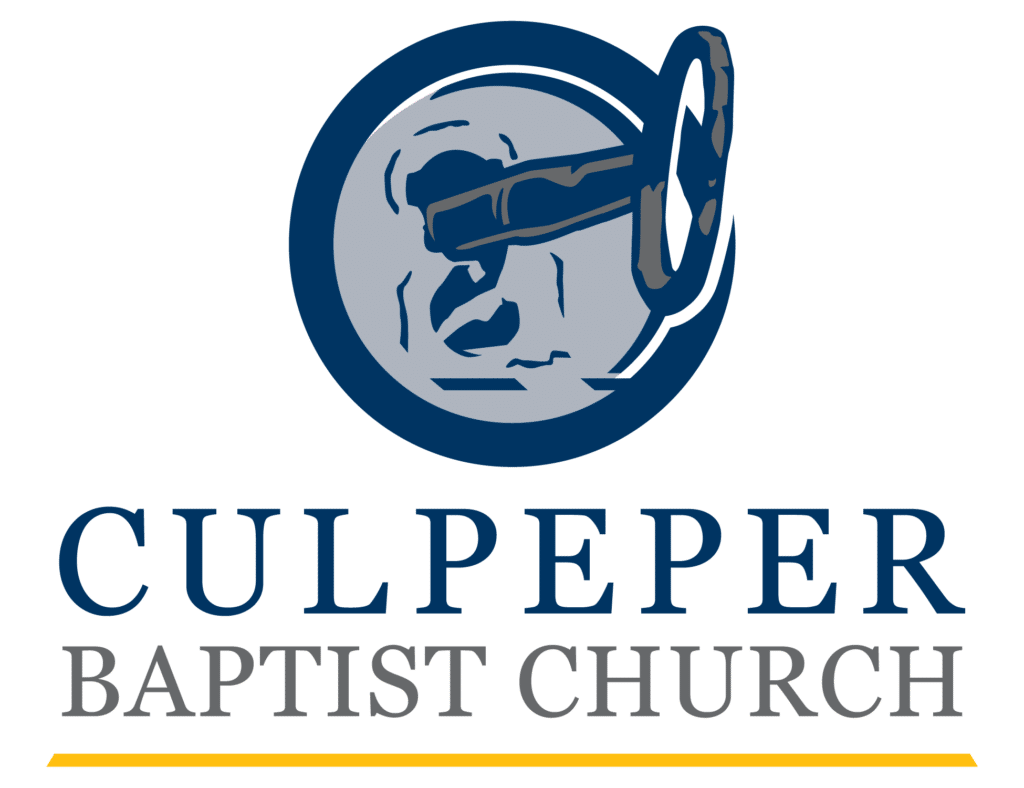Lamentation as Praise
Before We Gather by Zach Hicks
| Scripture
Read Psalm 149
| Devotion
Over the last few decades in much of the Western church, we’ve seen a fresh awakening to and embracing of the ancient, biblical practice of lamentation. Lament has always been a prominent pos- ture of prayer in the Scriptures. It is even one of the Bible’s earliest themes, if we believe with many that the book of Job is the earliest written book in the Bible. (The first five books cover the earliest events in human history but were recorded by Moses and were therefore authored later than Job.)
Many have noted that the church has absorbed too much of modern Western culture’s allergy to pain and suffering, result- ing in the muscles of lamentation largely becoming atrophied. Perhaps, in catering to consumer mindsets, we’ve opted for “happy church” because we think a therapeutic positivity is what people want. Perhaps, in caving to the culture’s pursuit of a forever- youthful and pain-free life we’ve lost the rich, biblical tradition of praying our pain out loud to God in holy, hopeful complaint.
But it seems that as culture has become more fractured, and as answers to problems seem more complex than ever, lamentation has reemerged in the life of the church like treasure buried right under our pews. So many churches are engaging our tradition of lamentation afresh!
Many of the best worship thinkers have reminded us in the middle of this rediscovery that much of the global church and even sectors of Western Christianity never lost the practice of lamentation. Often, many of us overlook these pockets of health because they tend to exist on the margins of our majority cultures.
For instance, I’ve been reminded by my believing African American friends that the black church has always been lamenting in worship, and its tradition just might be one of the richest storehouses from which to freshly draw insight, wisdom, and faithfulness in this aspect of worship.
Not long ago, some of my African American sisters and brothers reminded me of a “style” of lamentation that I’m hearing less about in my circles but certainly fills the Scriptures and saturates the black worship tradition. We could call it lamentation as praise. Psalm 149 is a classic example of this kind of lamentation.
Lamentation as praise fights against our intuition that one can either lament or praise. It fights against our intuition that though some lamentation should look sad, morose, sorrowful, or angry, not all lamentation should. Lamentation as praise means that one form of crying out to God against injustice looks like stubborn joy and willful revelry, almost like acting as though the world is a better place than it really is because one day, in Christ, it will be.
Psalm 149 starts just like any other classic praise psalm would: “Praise the LORD! Sing to the LORD a new song…. Let them praise his name with dancing” (Ps. 149:1, 3). But then it takes a turn that only people from lamentation-as-praise traditions understand. Verses 6 and 7 get downright violent as they sing. “Let the high praises of God be in their throats and two-edged swords in their hands, to execute vengeance on the nations and punishments on the peoples.”
People who don’t know lamentation as praise cock their heads at this. But people who know what it’s like to praise God when everything is hitting the fan understand exactly what this kind of worship is all about. In lamentation as praise, joy is a choice as much as it is an emotion. Praise is a decision as much as it is a feeling. Lamentation as praise is the “leather” of worship styles: it’s made tough and mature through being well weathered. And it comes only through practice.
Lamentation as praise sometimes gets confused with its illegitimate cousin, head-in-the-sand praise. Sometimes those who are in lamentation-as-praise mode look like they’re ignoring their problems and pretending that everything is okay. They look like they’re naively escaping their troubles. But that’s only a superficial read on the situation, and often it is oblivious to the category of Psalm 149-style worship.
Perhaps your church community is ready to try this kind of lamentation. If so, you just might have to write your own songs. Or you might have to offer up spoken prayers of lamentation around or in the middle of songs that are more “pure praise.” This is an underserved genre in current worship practice. Like any other form of worship, it takes practice, trust, commitment, and risk. But the payoff is worth it. Whether it’s this week or some future week, perhaps it’s time to begin praying that God would increase this practice in the hearts of your people, where joy and sorrow go hand in hand, and where “Praise the Lord!” really does become a battle cry.
| Prayer
Aim your prayers in this direction:
- Pray that God would grow your congregation’s ability to publicly lament in worship.
- Pray that God would increase your congregation’s categories of lamentation to include praise.
- Pray that the Holy Spirit would break open hearts, minds, and bodies for fresh outpourings of authenticity and sacrificial worship in your community.




